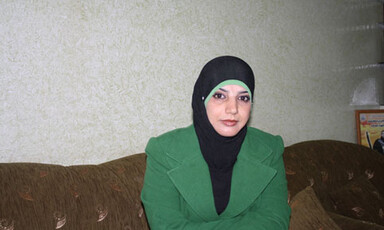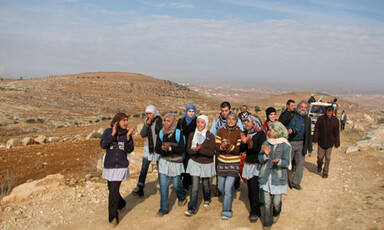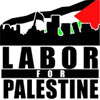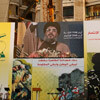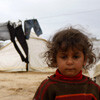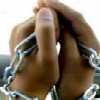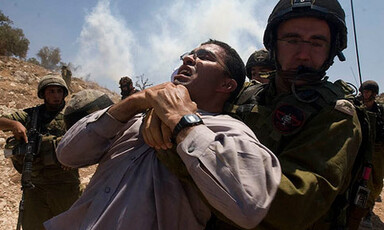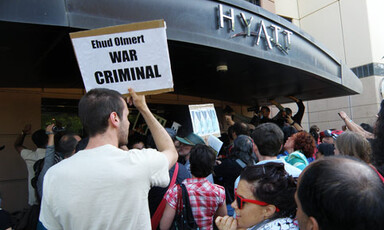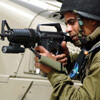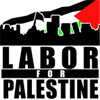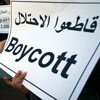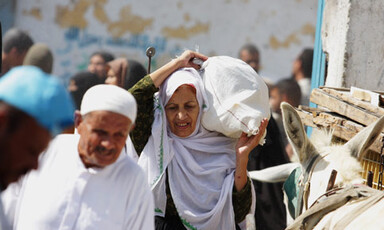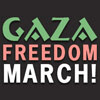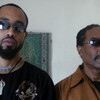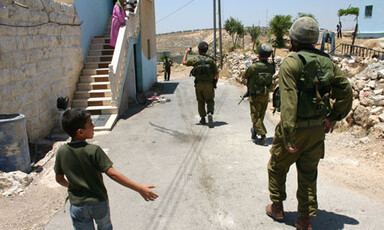
"I hope that I die on my land"
Bilin, West Bank 3 January 2010
Fatima Mohammed Yassin, 49, is a farmer from the Palestinian village of Bilin in the occupied West Bank. In spite of Israel’s occupation and construction of its wall in the West Bank, including on Bilin’s farm land, Yassin and her husband continue to work their land on a daily basis. Jody McIntyre spoke to her for The Electronic Intifada. Read more about "I hope that I die on my land"







